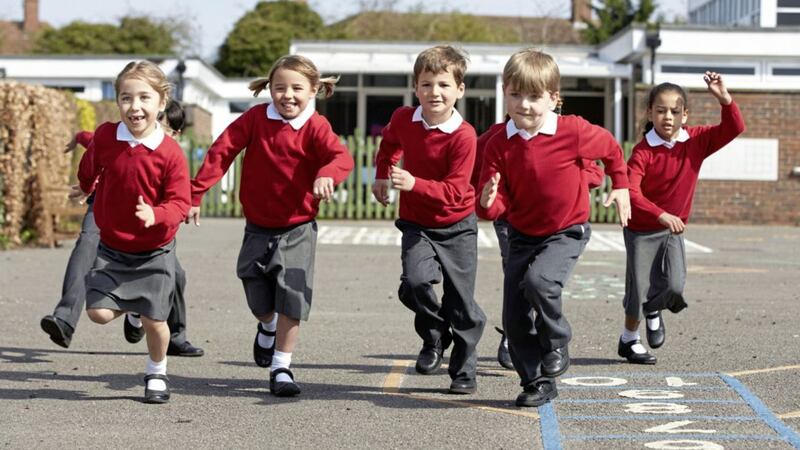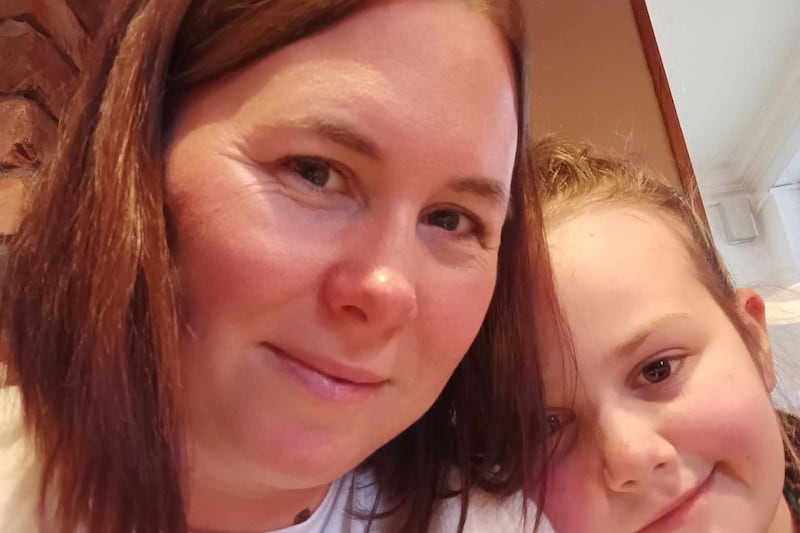STARTING primary school for the first time involves more planning than just buying a new uniform and pencil case.
Getting a four or five-year-old ready for the huge transition from home, childminder or nursery needs plenty of preparation and support.
This is something early years specialist Claire Russell and nursery teacher Suzanne Roberts know all about.
As Russell, founder of Playhooray.co.uk which provides play ideas and prompts for young children, says: "When it comes to preparing your child for school it's not all academic, it's about supporting and preparing them from a social, emotional and general wellbeing perspective too.
"Parents shouldn't panic or put any pressure on themselves or their young children," she adds.
"Don't forget children will pick up on your own anxieties about them starting school, so it can be really beneficial to prepare together for the new chapter in both of your lives."
Russell and Roberts have compiled these 14 tips to help parents and children navigate the transition and sail through starting primary school...
1) Recognising their name: It's not necessarily about children being able to write their own name, says Russell, but about them recognising their name, as it will be on their belongings. If they can recognise their name written down, it'll help them take responsibility for their own belongings - otherwise you risk a lot of lost possessions over the next school year.
She suggests playing games, ordering the letters in their name, making labels for their book bag, creating a bedroom sign for their door, or moulding it with play dough.
2) Counting: Counting doesn't mean reading, writing and ordering numbers one to 10, as that involves a lot of skill for a preschooler. Instead, practise counting through songs and stories, and try playing with numbers and noticing them when out and about – on doors, buses and price tags, etc.
3) Practise wearing the uniform: Suzanne Roberts, teacher and manager at Burgess Hill Girls Nursery in Sussex, says children should practise wearing their uniform and PE kit, and just generally dressing themselves.
"Lots of parents forget this and then expect their child to be comfortable on their first day," she says.
"Uniforms can be very different to what your child is used to wearing. Children of this age can be sensitive to change."
4) No laces: Roberts suggests parents should avoid buying new school shoes with laces. "Your child has to become more independent, so help them as much as possible by either buying shoes with Velcro straps or slip-on trainers or plimsolls."
5) Toileting independently: Ensure that when going to the toilet, your child is able to undo his or her trousers, wipe their bottom and wash their hands.
6) Tidy tots: Help them become more independent by encouraging your child to hang up their own coat and bag on arrival at nursery or at home. Ask them to do some little chores at home, too.
Prepare them by teaching them to put their shoes together at home, or putting some of their own belongings away. "By helping them to be more independent, you're helping them to feel confident and self- assured," explains Roberts.
7) Eating independently: "Don't expect miracles, but do encourage your child to use their cutlery correctly, eat independently, and try clearing their plate away when finished," suggests Russell.
8) Read school information: If you haven't already done so, it may be too late to visit the school, but make sure you read any information the school has sent.
9) Practise the school run: Practise taking the journey to school, so it's not so alien. Use it as an opportunity to talk about any anxieties your child may have.
10) Play 'taking turns' games: A lot of children in one space means they're going to have to learn to share and take turns. Russell advises that parents help children practise by playing lots of games together as a family or with friends, to help them learn to wait for their go.
11) Read bedtime stories: Most schools will send home books or even homework, so it's a good idea, if you don't already, to build books and reading into the bedtime routine now.
Try books like Topsy And Tim Start School by Jean Adamson, Starting School by Allan and Janet Ahlberg, or Harry And The Dinosaurs Go To School by Ian Whybrow.
12) No comforters: Leave special toys – comforters, blankets, or teddies – at home.
13) Don't linger: Explain to your child that they're going to have the best time ever–- implanting this idea is very powerful, stresses Roberts – and that you'll see them later. If you forget to tell the staff something, don't go back into the room; pop to the reception desk and they'll pass on a message.
14) Hide your emotions: Starting 'Big School' can be a very emotional time for parents, but don't show your child you're upset on their first day.
"If they see you upset, they'll think they should be upset too, and this is very unsettling," explains Roberts.







